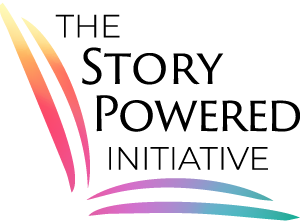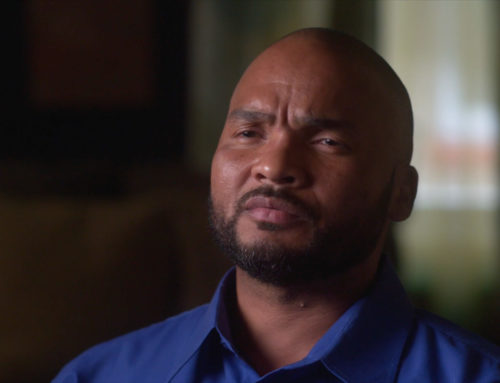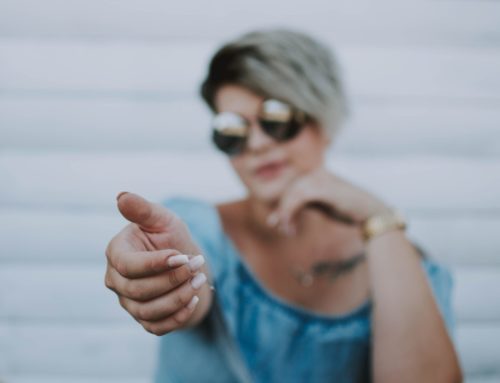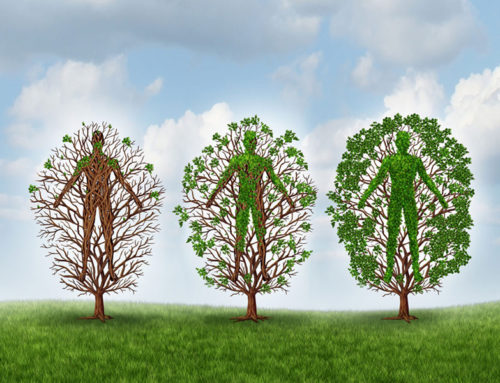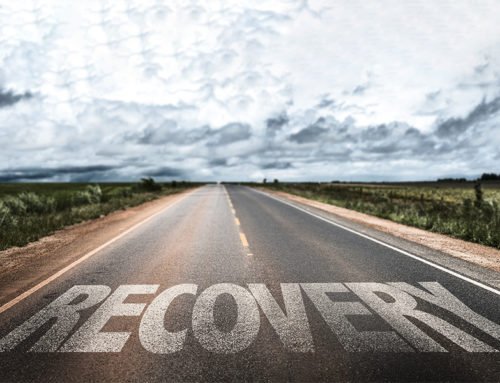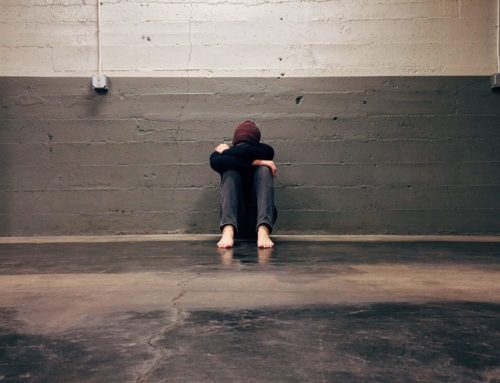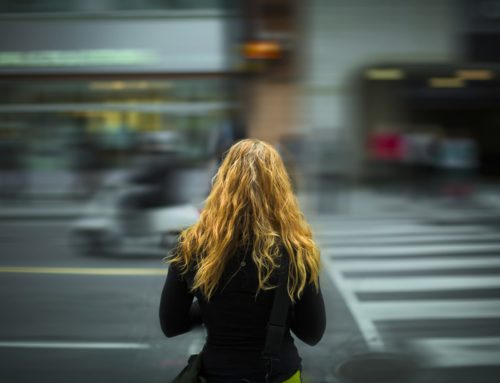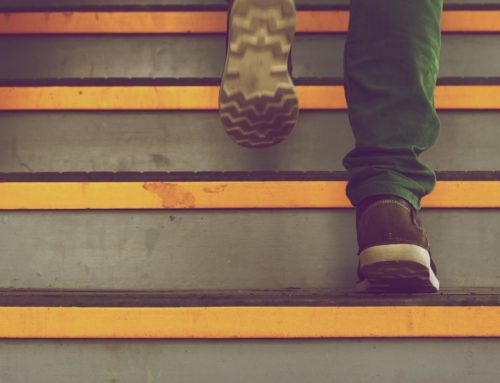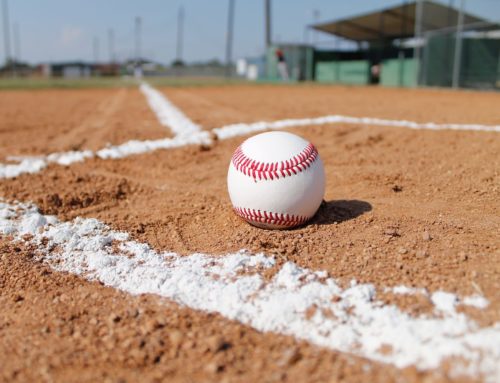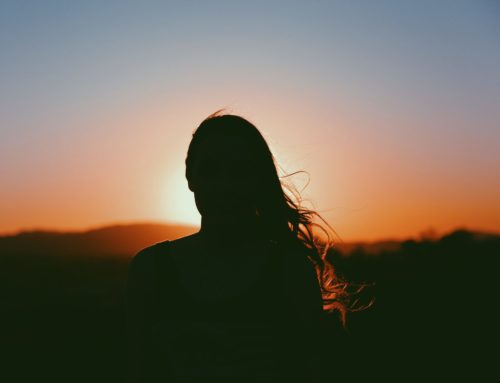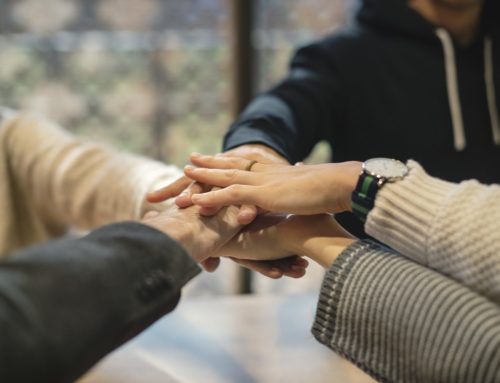"My first collegiate recovery seminar was amazing. All these people were sharing my experience with me."
I am from Centre County, and I was born in Philadelphia. My home life was rough; it was not ideal. I started using drugs when I was 13. By the time I was 16, I had dropped out of high school and was emancipated from my biological family. My new home were the train tracks and street corners where I could get drugs. My new family became the people that were there with me selling and using.
I didn’t realize it then, but I had an alcohol and substance use problem long before my opioid addiction. It took until I turned 17 when I took too much Ketamine and fell into a “K-Hole,” that I realized I had a problem. I was semi-conscious, but my body was paralyzed. I laid still and terrified on a concrete drug hot-spot for hours. All I could do was watch others use and sell drugs. Finally, the Ketamine wore off, I went straight to an Army Recruiting Center to enlist. I walked in with tears in my eyes, and the recruiter asked if I had a high school diploma and if I could pass a drug test. To both of those, I answered “no.” Little did I know the recruiter’s response would save my life. I reported to him for 30 days. He helped me get my GED, get in shape, get clean, and even get a birth certificate. Then, I went to boot camp. I found another new family. A family I felt would stick forever. In the blink of an eye, I transformed from a little girl with substance and alcohol problems, to a clean functioning adult that earned a paycheck, had a home, and three meals a day. Although the military helped me get away from drugs, alcohol was still allowed; and, I would drink excessively.
When I turned 18, my world was rocked again. I became pregnant with my son, Randy. His father and I were supposed to deploy to Iraq; I could not go. I couldn’t leave my baby behind, and I also could not be in such a mature pregnancy while in combat. I was then deemed not fit for active duty, and joined the reserves. I sank into a deep depression because I couldn’t serve, and I turned to alcohol. By the time Randy’s father returned home, we both had built up a lot of resentment towards the other, so we separated. I moved back to Philly. I still did not realize I had an addiction problem.
Once back in Philadelphia, I reverted back to my old ways; doing drugs and drinking excessively. I had no direction. I finally snapped out of that cycle and joined the Police Academy. I still had the desire to serve, and being a cop gave me an identity and connection to others that shared the same values I have.
Later, in 2008, my Army unit was deployed to Iraq; this time, I was able to serve with them as part of the military police. But, I did not take care of myself. My addiction was eating away at me. I would run all the time, I didn’t eat properly, drank tons of energy drinks instead of water, and smoked a lot. To top it off, I was so anxious and sore all the time I constantly was taking Motrin. One day, my leg buckled and couldn’t even get up. The infirmary gave me pain medication and crutches. After a week, my other leg broke. My injury could not be rehabilitated for the military, this devastated me. I stayed until I was recovered enough to go home. While staying at the hospital there were two crowds I could join. The veterans who were working to find a new purpose after leaving the hospital, maybe going to school or getting a job; and, the veterans who turned to alcohol to get rid of the pain. I turned to alcohol.
While I was still able to serve, I met Brendan, who eventually became my husband and partner for life. After we were done serving, and I was done recovering, he invited me to move to Virginia with him and we got married. In turn, I still get to serve the military, but in a different way; a supporting military wife. Things went well for a while. Until our son, Patrick, was born. This should have been a very happy day for both of us. But, Patrick was born with a heart disease, and I found out I needed a surgery that would take away my ability to have any more children. I went from working towards having a large happy family that I never had, to fighting to keep my second child alive. I saw a psychiatrist that prescribed me with Xanax for my anxiety, and after my surgery I was given Percocet. I fell in love with how those medications made me feel. I was still able to be a good mother to my sons, but the substance use and drinking started to chip away at me. No one noticed my use was a problem. My husband felt bad for me, and was sad to be away from his family at this time. While he was deployed, he stopped drinking in hopes that I would too. Instead it made things worse. And, I was constantly being put on new psychiatric medications and painkillers.
When my husband returned home, he sat me down. Brendan was scared for my life, he said I needed to stop drinking. That conversation enabled me to really reflect on myself. I did not want to lose my children. Eventually, I met with a counselor that told me they were in recovery too and how large of an impact school has had on his recovery.
This is why I am sharing my story. I enrolled at Penn State, and even started attending their 12 Step meetings. At first I felt lonely, all the veterans on campus would hang out at bars. Then, I opened my eyes to the college’s substance abuse community. My first collegiate recovery seminar was amazing. All these people were sharing my experience with me. Although all of our circumstances were different, our emotions were the same. We were scared, ashamed, and guilt-ridden. That’s what I loved about collegiate recovery: When you enter a room filled with students in recovery, you enter a room of hope. You can’t walk into our lounge and not instantly feel better, no matter how bad you feel walking in.
